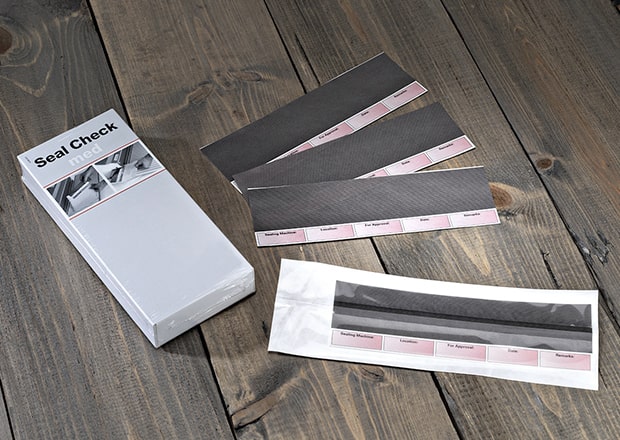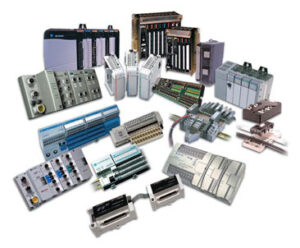How to Choose the Best Pouch Sealer for Your Business?
Picking the best pouch sealers depends on what you seal, how often, and how safely. For small jobs, a manual...

Selecting the right pouch sealers for your business can enhance productivity and minimise errors. A good machine gives clean, strong seals and saves time. However, not every sealer is suitable for every business. You need to consider your packaging requirements, product types, and sealing volume. If your business involves food, retail, or packaging medical devices, the wrong machine can cause waste or even safety issues. That’s why it’s important to match the sealer with your specific needs. The goal is simple: choose a machine that is reliable, easy to use, and suits your daily work.
Know your product and pouch material
Start by understanding the pouches you use and what goes inside them. Thin plastic pouch sealers need only a low-heat impulse sealer. Thicker or multi-layer pouches may need direct heat or a continuous sealer. If you are packaging medical devices, you will likely use sterile barrier pouches. These often need higher seal strength and consistent temperature. Choosing the wrong machine can lead to weak or broken seals. That could affect product safety and shelf life.
Consider your sealing volume
Your daily output will help you decide which type of machine is right. If you seal only 20 to 100 pouches per day, a handheld or tabletop impulse sealer should suffice. For businesses sealing 300 or more per day, an automatic band sealer can save time and reduce labour. When packaging medical devices, you may also need validation features that track sealing temperature and pressure. Machines with automatic settings and stable performance help ensure quality over long runs.
Match the machine with your space and team
Some machines are compact, while others need more floor space. Tabletop sealers are small and easy to move. Band sealers or direct heat models are larger but handle a higher volume. Choose a machine that your staff can operate safely. Controls should be simple and easy to understand. Sealing machines that are too complex can slow down work or lead to mistakes.
Choose the right sealing technology
There are three main types of pouch sealers to choose from.
- Impulse sealers: Use short bursts of heat. Good for small jobs and basic plastic pouches.
- Direct heat sealers: Maintain a steady heat. Best for foil or thick layers.
- Band sealers: Ideal for high-volume use. These machines seal pouches as they move through a conveyor.
If you’re packaging medical devices, use a sealer that ensures even heat and pressure across the seal. Some also allow seal verification, which helps meet safety rules.
Final thoughts
Picking the best pouch sealers depends on what you seal, how often, and how safely. For small jobs, a manual sealer is a suitable option. However, larger operations require faster and more reliable machines. If you’re packaging medical devices, make sure your machine meets safety and hygiene standards. Also, check for service support and spare parts availability. Buying the right sealer is a one-time cost that brings long-term benefits. Think ahead, test the machine before buying, and choose based on your real needs, not just the price. A good pouch sealer can help your business run more efficiently every day.






